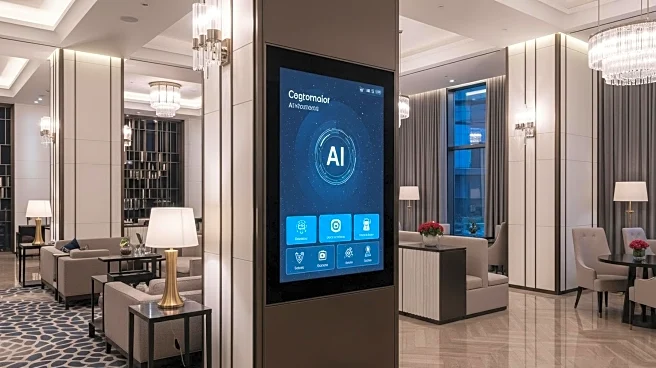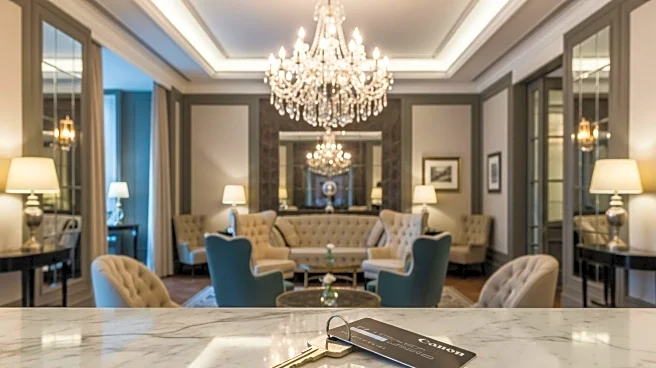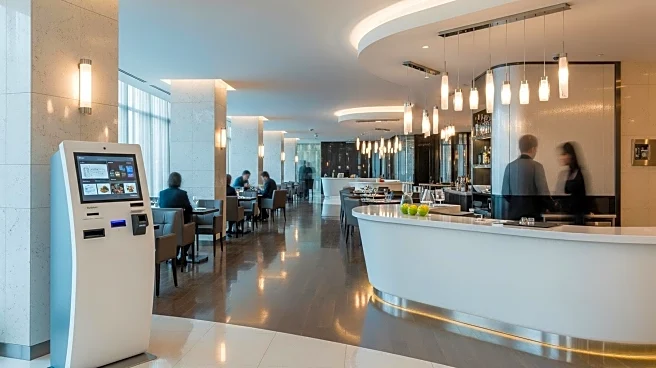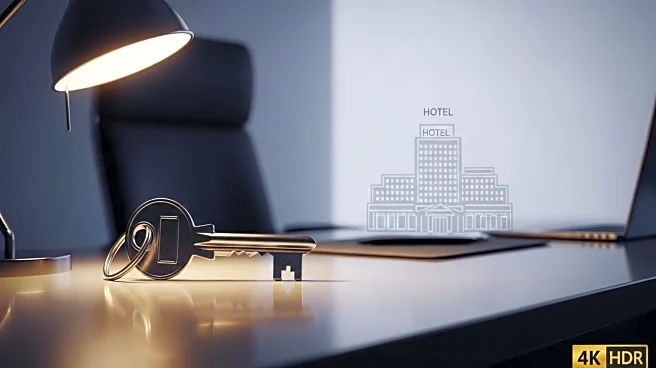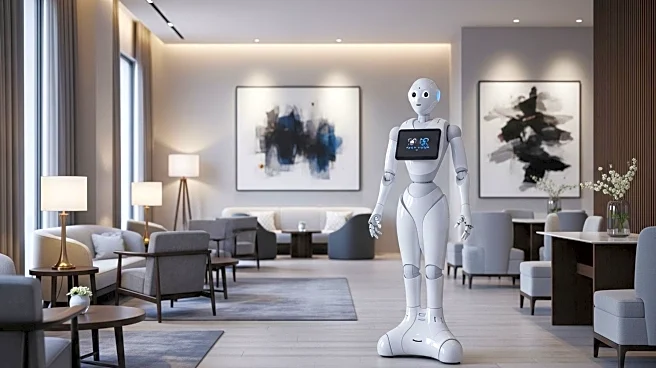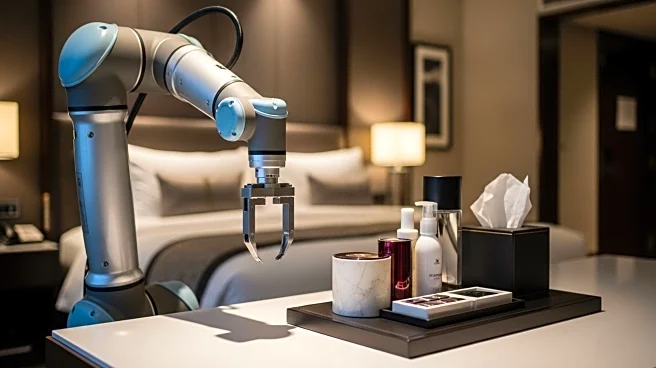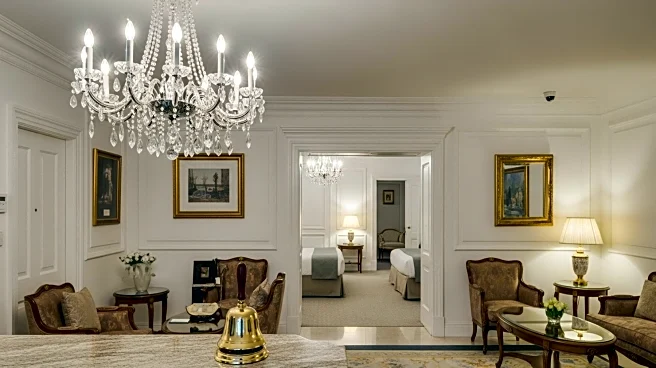What's Happening?
As hotels enter budget season, executives are focusing on cost control across departments, with food and beverage (F&B) practices serving as a model for managing technology expenses. Traditionally, F&B departments have been adept at tracking portion sizes, auditing spoilage, and engineering menus to maximize profitability. However, technology spending in hotels often lacks the same discipline, leading to excessive and inefficient investments. The article suggests adopting a 'tapas-style' approach to technology procurement, emphasizing quality, longevity, and strategic alignment. By applying F&B cost control principles to technology investments, hotels can achieve significant productivity improvements, streamline operations, and enhance guest satisfaction.
Why It's Important?
The shift towards disciplined technology budgeting is crucial for the hotel industry, where technology expenses are rapidly growing. By adopting F&B cost control strategies, hotels can protect their budgets and ensure technology investments yield measurable business impacts. This approach can lead to improved efficiency, reduced labor hours, and increased sales, benefiting both hotel operators and guests. The emphasis on scalable, high-quality platforms aligns technology spending with strategic goals, enhancing the industry's ability to adapt to evolving guest expectations and rising labor costs. Ultimately, this disciplined approach can help hotels maintain profitability and competitiveness in a challenging economic environment.
What's Next?
Hotels are expected to continue refining their technology procurement strategies, focusing on platforms that directly impact revenue and efficiency. This includes prioritizing systems that support group sales, automate proposal generation, and improve conversion rates. As budget season progresses, hotel executives will likely evaluate legacy tools and consider refreshing their technology lineup to ensure alignment with business priorities. The adoption of unlimited-user licensing models may also gain traction, empowering more team members to collaborate and improve operational consistency. These steps will help hotels navigate rising costs and evolving guest expectations while maintaining a focus on growth and profitability.
Beyond the Headlines
The application of F&B cost control principles to technology budgeting highlights a broader trend of cross-departmental learning and innovation within the hotel industry. This approach not only enhances operational efficiency but also fosters a culture of collaboration and strategic thinking. By treating technology investments like a menu, hotel executives can focus on platforms that consistently deliver high returns, while retiring those that no longer align with strategic goals. This disciplined approach may also influence other industries, encouraging them to adopt similar strategies for managing technology expenses and maximizing business impact.


